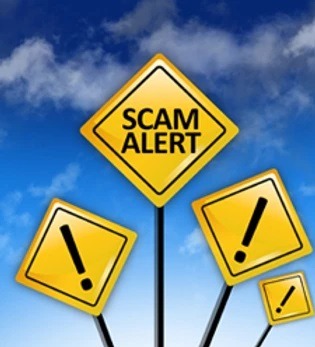We are in the middle of an unprecedented worldwide pandemic. Many of you may have heard of the proposed stimulus payment being offered by the Treasury Department. No doubt you are eagerly anticipating this payment to help ease the burden many are feeling.
Unfortunately, scammers are also eagerly anticipating YOUR payment. Even though we are in a crisis, scammers won’t be taking time off. Instead, they are ramping up their efforts to prey on desperate people. Here are some steps you can take to protect yourself and your money.
- Be alert for phone scams. The Internal Revenue Service (IRS), Treasury Department, or any other government agency will not contact you by phone to collect information for stimulus payment processing. Period.
- Be alert for phishing scams. Government agencies will not email or text you to collect information for stimulus payment processing. Watch for suspicious emails or texts with links or attachments requesting information for processing stimulus deposits or checks. If you receive one, do not click the link or open the attachment. It’s a scam. Delete it.
- Be alert for state-related scams. State agencies will also not call, email or text you to collect information or a fee to process a stimulus payment. To date, no state has introduced their own version of a stimulus payment.
As of now, we are only aware of one communication a taxpayer will receive from the IRS. No later than 15 days after distributing a stimulus payment, the IRS is required to mail a notice to the taxpayer indicating the payment amount, whether the payment was mailed or deposited, and a phone number to call if the taxpayer did not receive the payment.
Victims or targets of stimulus payment scams should report it immediately to the Federal Trade Commission, www.ftc.gov/complaint.
Stay safe and be scammer savvy!

